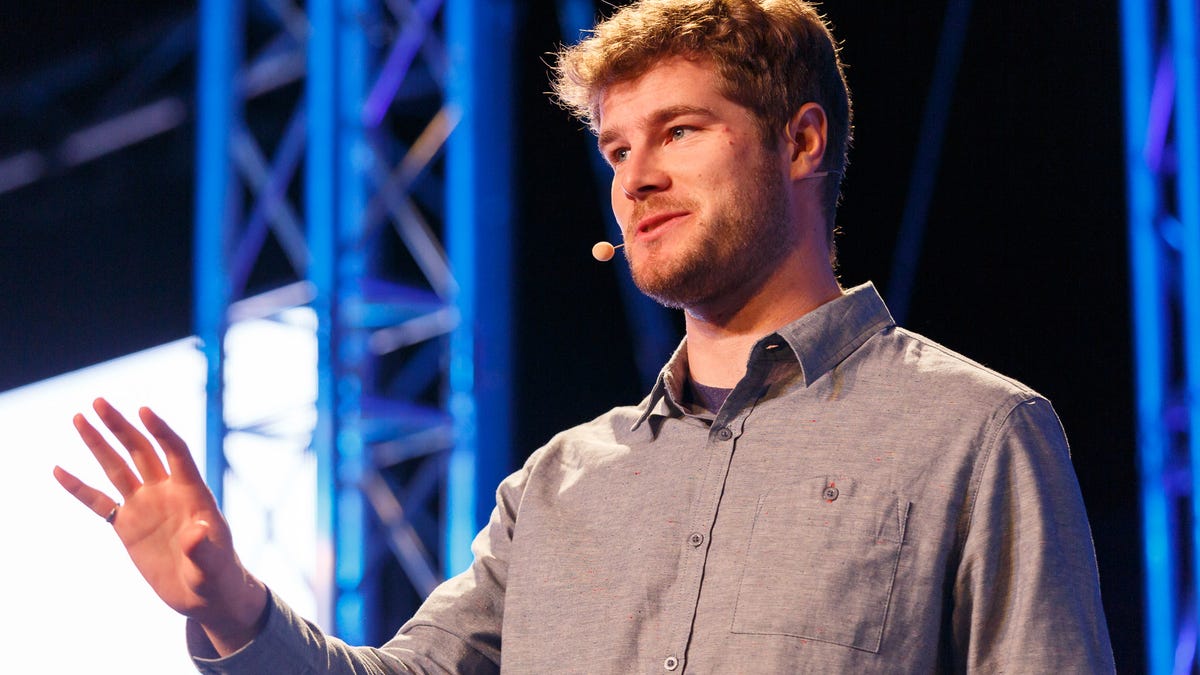Pebble CEO: Soon, most watches sold will have computing smarts
Eric Migicovsky believes smartwatches will be the norm in a few years. And yes, he thinks Pebble can fend off competition from the Apple Watch.
DUBLIN -- Today, smartphones are a rarity, but a pioneer in the market predicts they'll account for more than half of watch sales within a decade.
"I believe in 5 to 10 years the majority of all watches in the world will be smart or have smart capabilities," Eric Migicovsky, co-founder and CEO of smartwatch maker Pebble, said here at the Web Summit tech conference. Pebble offers models including the Pebble Time Steel and the newer Pebble Time Round , each costing $250.
The Palo Alto, California-based company beat rivals like Apple, Samsung and LG Electronics to the market by years. But it now faces major competition not just in hardware but also in attracting third-party programmers to write apps that let people customize what smartwatches can do.
To fulfill Migicovsky's expectation, which would mean more than 600 million of the 1.2 billion watches sold annually would have a computer brain, smartwatches will have to grow beyond their current techie market. Not everyone wants a buzzing device on their wrist relaying the latest text message or calendar notification from their phone.
"We need to go beyond early adopters and address the rest of the world," said Peter-Frans Pauwels, co-founder of TomTom, a company that makes satellite-navigation technology and now offers a music-playing sport watch called the Spark. "We need to understand they're not willing to slap on all kinds of devices."
Apple is a formidable engineering and marketing power that extended its even more formidable brand to the smartwatch market this year. Analysts reckon it's sold between 2.5 million and 6 million Apple Watches in the third quarter. With more than a million Pebble smartwatches sold over its whole history, Migicovsky believes Pebble can compete.
Migicovsky wears a Pebble Time Round watch at Web Summit.
"I'm living, breathing proof that it's possible," he said. "The rumors of Pebble's demise are dramatically overstated. In the last year, since Apple announced its watch, we've doubled the number of Pebbles out there in the world."
One part of that competition will involve helping developers write Pebble apps that are simple, fast and useful.
"We'll be focused on how a user can take an action on one particular thing," Migicovsky said. "Like when they walk home it unlocks the door, or when they leave the house, it makes sure the garage door is closed" with no need for them to fuss with the app for 15 or 30 seconds. "You'll see us working on that over the next couple months and rolling it out early next year."


